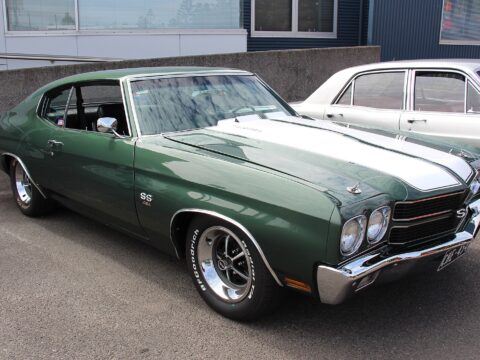Owning a car comes with its fair share of responsibilities, and taking care of your vehicle can sometimes feel overwhelming. However, there are common mistakes that many drivers make which can lead to costly repairs and unnecessary visits to the mechanic. To help you keep your car running smoothly and avoid these pitfalls, we’ve compiled a list of 20 mistakes your mechanic wants you to avoid. By steering clear of these common errors, you can save time, and money, and ensure a longer lifespan for your vehicle.
Contents
Ignoring the Check Engine Light
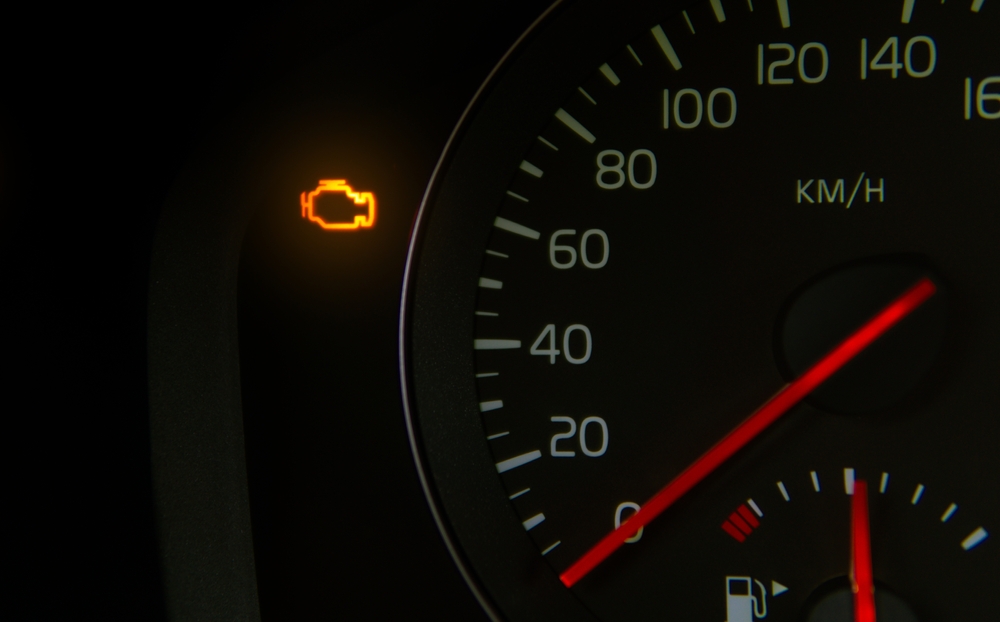
Ignoring the check engine light can lead to severe engine problems and costly repairs. This warning light indicates that something is wrong with your vehicle’s system, such as a malfunctioning sensor, emission control problem, or engine misfire. Addressing the issue promptly can prevent further damage and keep your car running efficiently.
Skipping Regular Maintenance
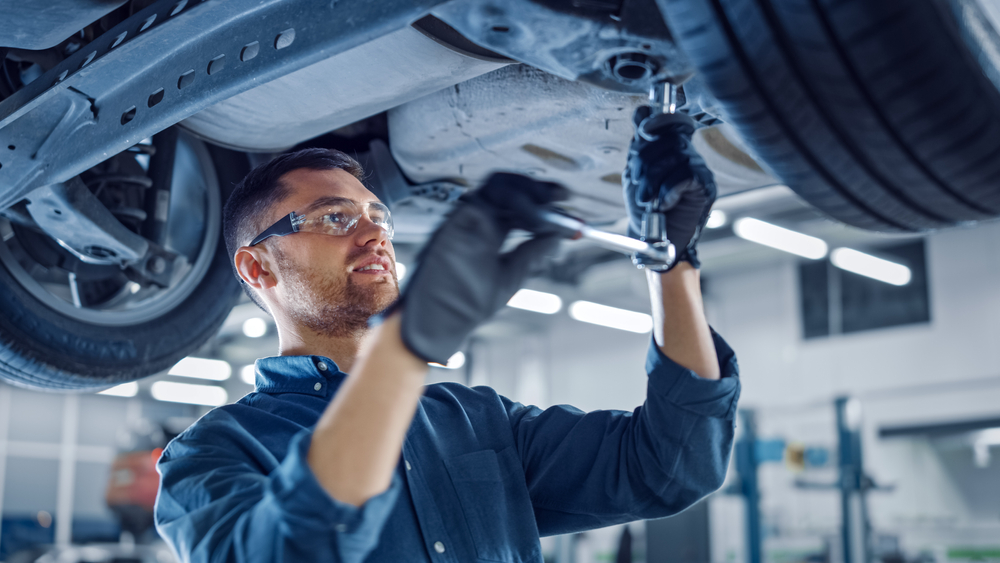
Regular maintenance, such as oil changes, tire rotations, and brake inspections, is crucial for the longevity of your vehicle. Skipping these routine services can lead to breakdowns, decreased fuel efficiency, and more significant, costly repairs down the road. Adhering to your vehicle’s maintenance schedule helps ensure optimal performance and safety.
Neglecting Oil Changes
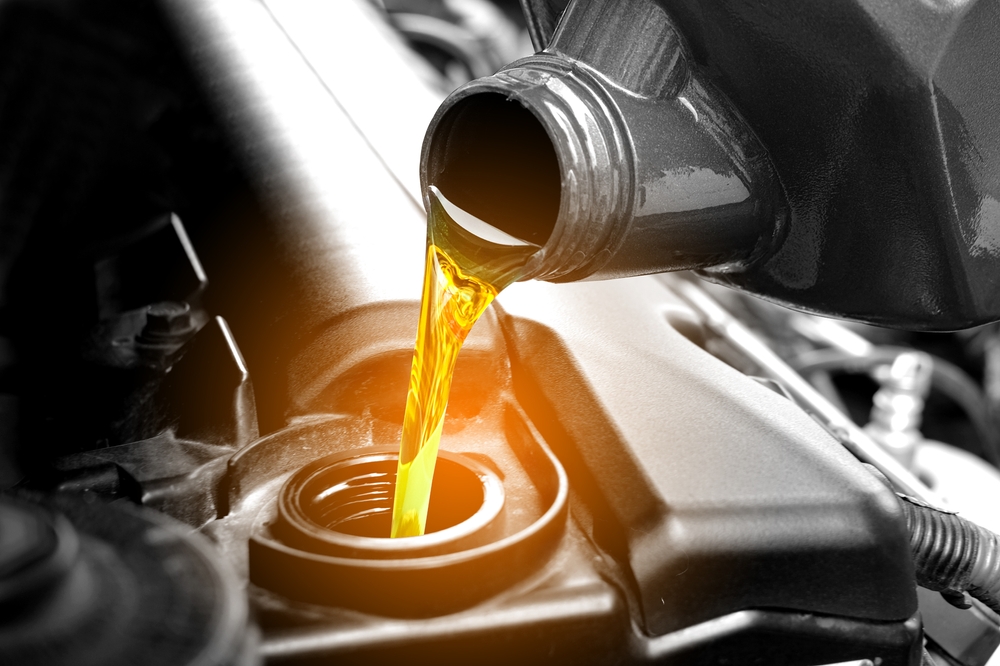
Oil lubricates your engine’s components, preventing excessive wear and overheating. Neglecting oil changes can cause engine parts to grind together, leading to severe damage and potentially catastrophic engine failure. Regular oil changes are essential for maintaining engine health and extending its lifespan.
Using Cheap or Incorrect Fluids
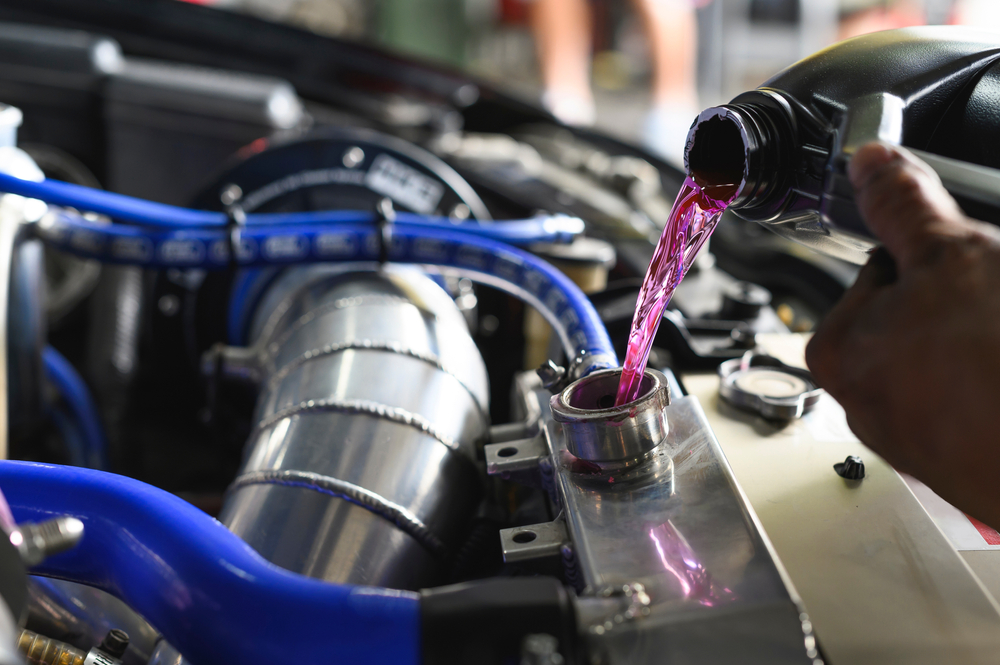
Using cheap or incorrect fluids, such as oil, coolant, or transmission fluid, can harm your vehicle’s systems. These fluids have specific properties and additives designed for your car’s needs. Using the wrong type can cause poor performance, increased wear, and even system failure. Always use manufacturer-recommended fluids to ensure proper functioning.
Delaying Brake Repairs
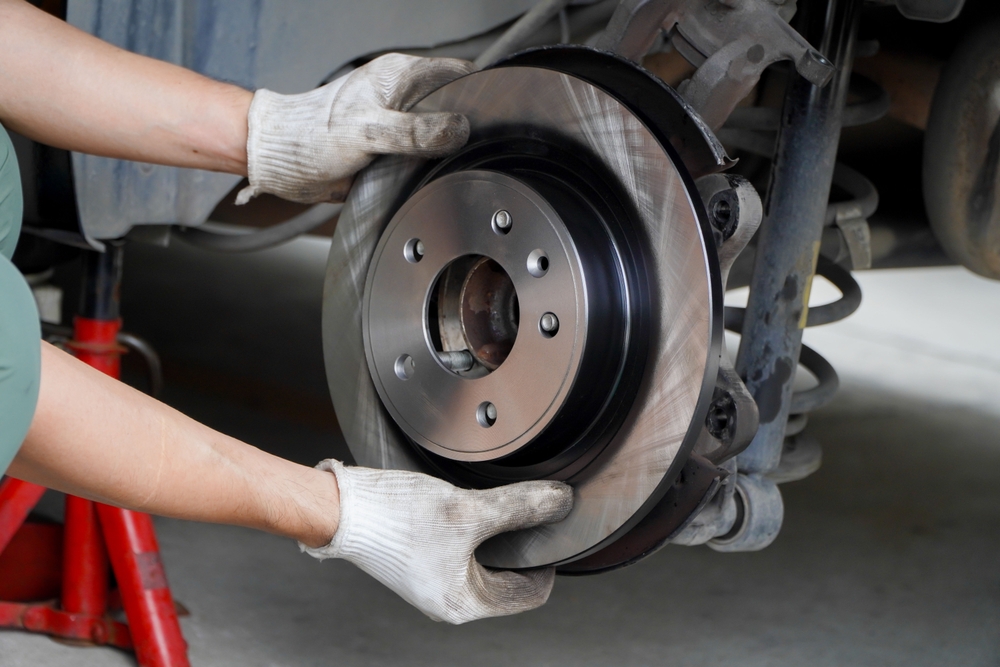
Delaying brake repairs compromises your safety and the safety of others on the road. Worn brake pads, damaged rotors, or leaking brake fluid can reduce your vehicle’s stopping power, leading to accidents. Address brake issues immediately to maintain optimal braking performance and avoid costly repairs.
Driving with Underinflated Tires
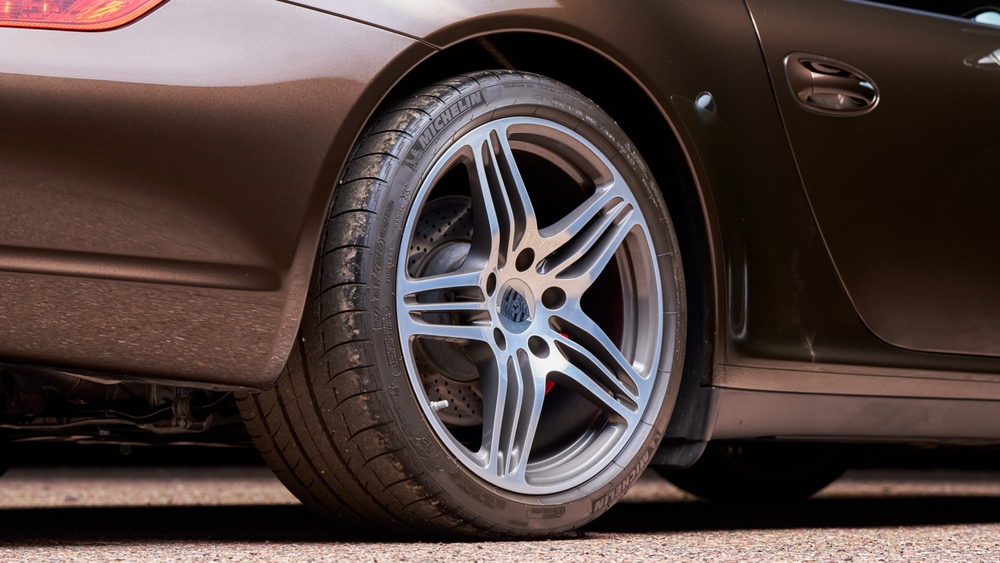
Underinflated tires can lead to poor fuel efficiency, increased tire wear, and a higher risk of blowouts. Proper tire inflation ensures even tire wear, better gas mileage, and safer handling. Regularly check and maintain your tire pressure according to your vehicle’s specifications.
Not Rotating Your Tires
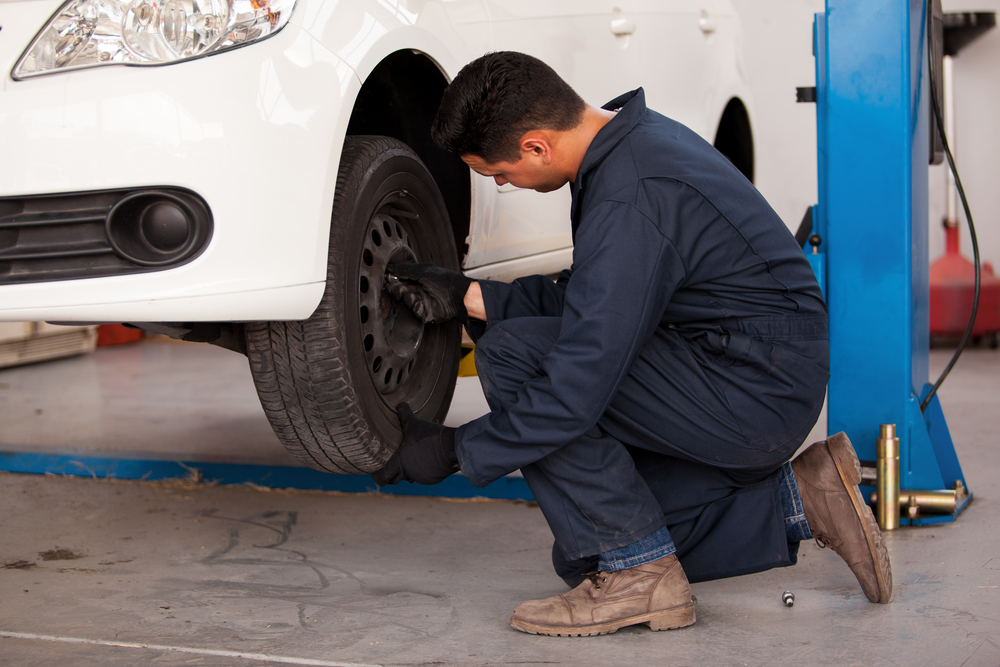
Failing to rotate your tires causes uneven tire wear, reducing their lifespan and potentially leading to handling issues. Tire rotation promotes even wear and extends the life of your tires, ensuring better traction and performance. Follow your vehicle’s recommended tire rotation schedule for optimal results.
Forgetting to Change the Air Filter
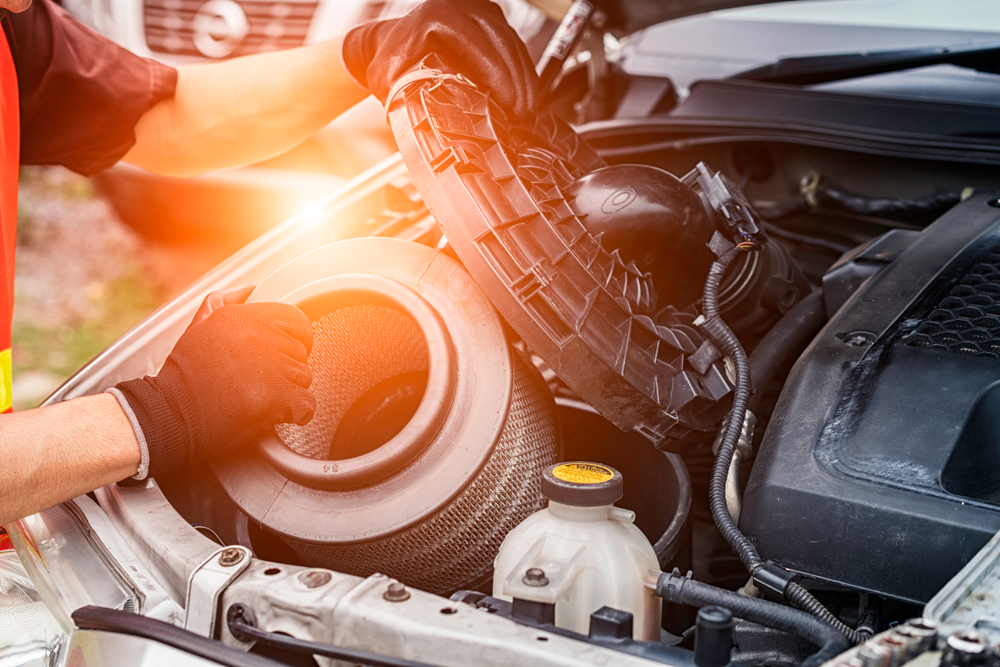
A clogged air filter restricts airflow to the engine, reducing its efficiency and performance. This can lead to increased fuel consumption and engine strain. Regularly replacing the air filter ensures your engine receives adequate airflow, improving fuel efficiency and overall performance.
Overloading Your Vehicle

Overloading your vehicle puts excessive strain on the suspension, brakes, and tires, leading to increased wear and potential failure. It also negatively impacts fuel efficiency and handling. Always adhere to your vehicle’s recommended load capacity to ensure safe and efficient operation.
Using Low-Quality Replacement Parts
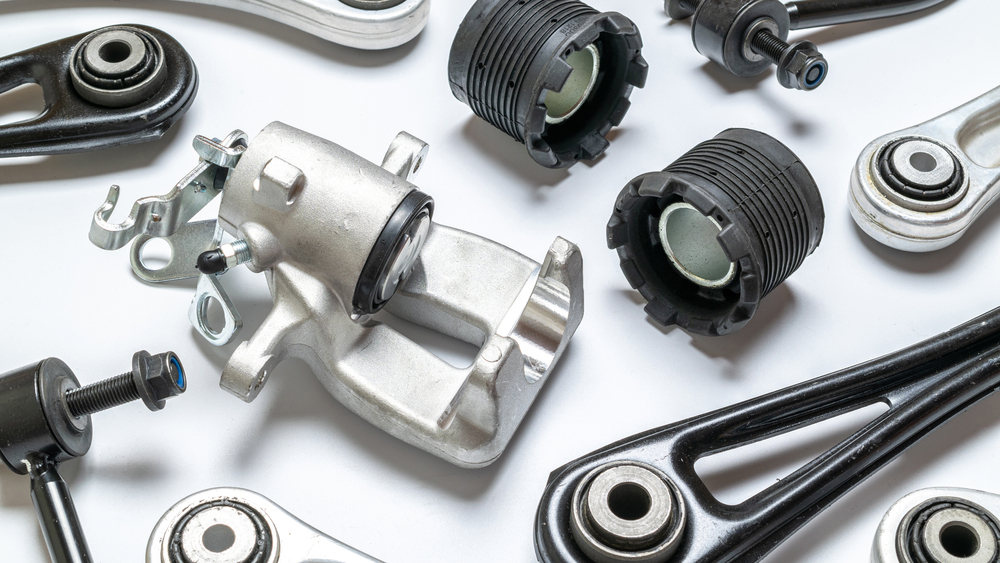
Using low-quality replacement parts can compromise your vehicle’s performance and reliability. These parts may not meet manufacturer specifications, leading to premature wear and potential system failures. Always opt for high-quality, OEM (Original Equipment Manufacturer) parts to ensure optimal performance and longevity.
Neglecting Coolant Levels
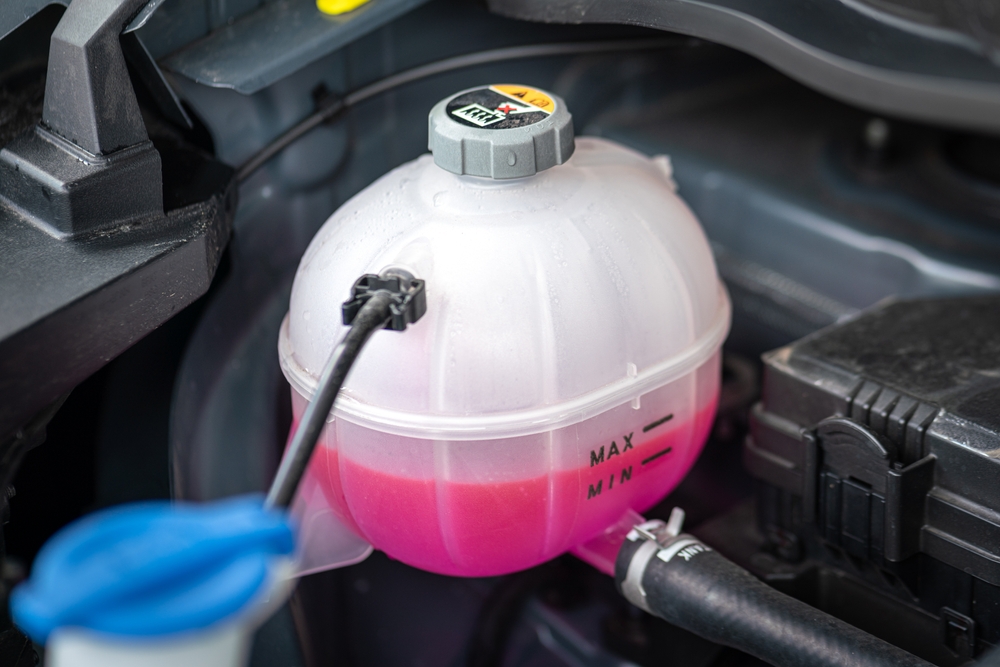
Coolant regulates your engine’s temperature, preventing overheating and potential damage. Neglecting coolant levels can lead to engine overheating, which can cause significant damage and expensive repairs. Regularly check and maintain your coolant levels to keep your engine running at the proper temperature.
Ignoring Transmission Fluid Changes
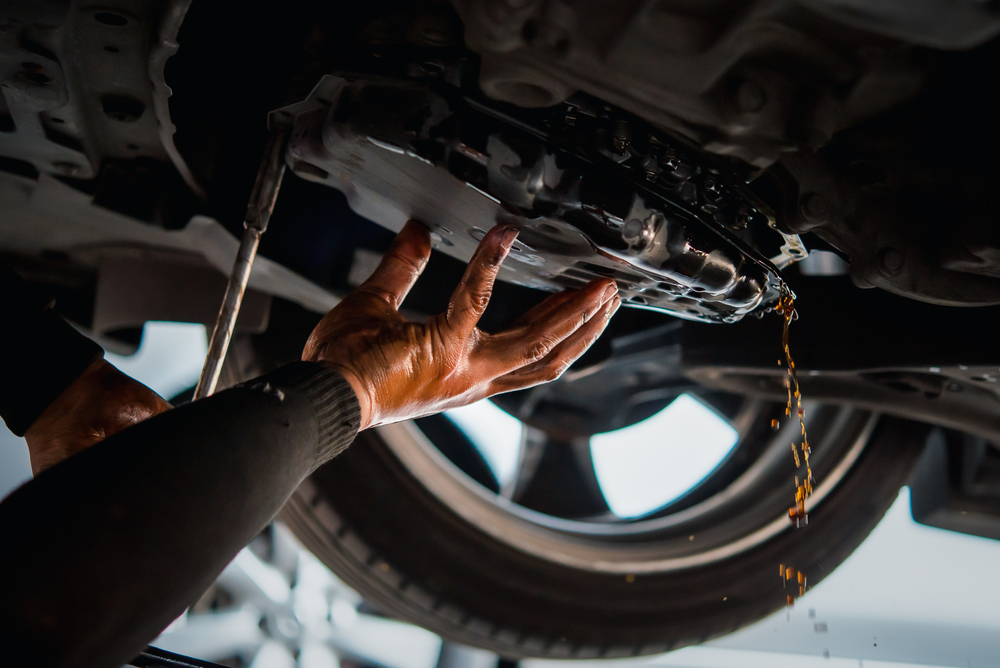
Transmission fluid lubricates and cools the transmission’s internal components. Ignoring fluid changes can lead to transmission wear, overheating, and potential failure. Regular transmission fluid changes are essential for maintaining smooth shifting and extending the life of your transmission.
Driving with a Misaligned Suspension
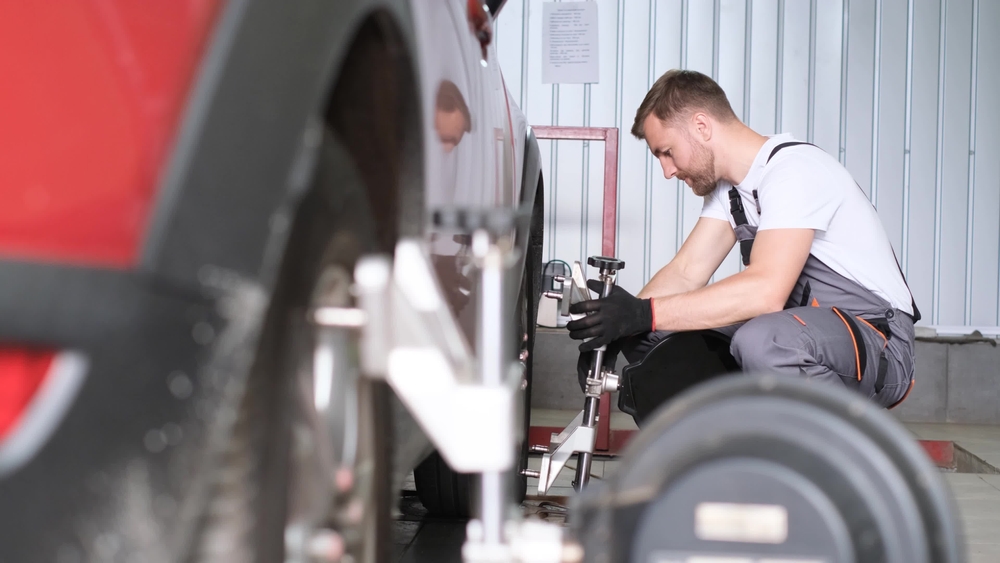
A misaligned suspension can cause uneven tire wear, poor handling, and decreased fuel efficiency. It also puts additional strain on your vehicle’s steering and suspension components. Regularly checking and adjusting your alignment ensures better handling, longer tire life, and overall vehicle performance.
Using the Wrong Fuel
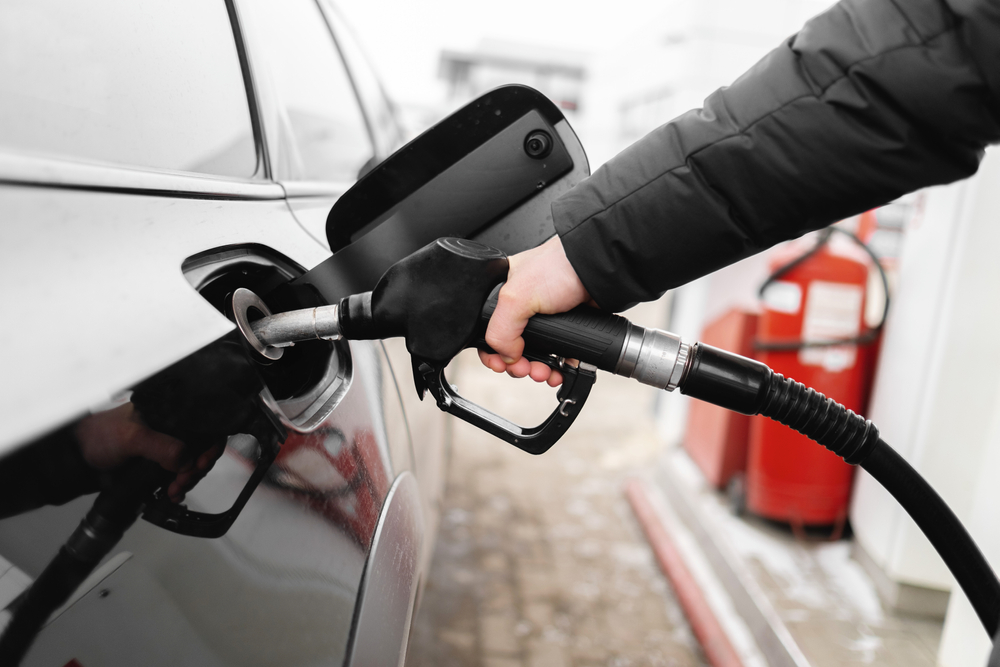
Using the wrong fuel can damage your engine and fuel system. For example, using diesel in a gasoline engine can cause significant damage and require expensive repairs. Always use the fuel type specified by your vehicle’s manufacturer to ensure proper operation and avoid costly damage.
Not Cleaning the Battery Terminals
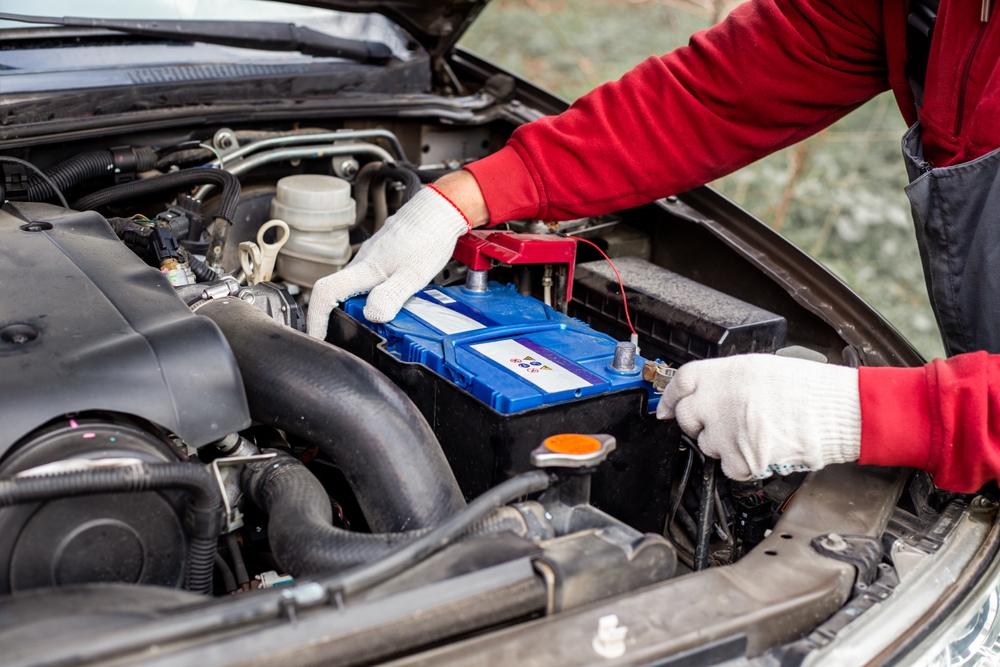
Corroded battery terminals can lead to poor electrical connections and starting issues. Regularly cleaning the battery terminals helps maintain a strong connection and prevents starting problems. Use a battery terminal cleaner or a mixture of baking soda and water to remove corrosion and keep the terminals clean.
Skipping Timing Belt Replacements
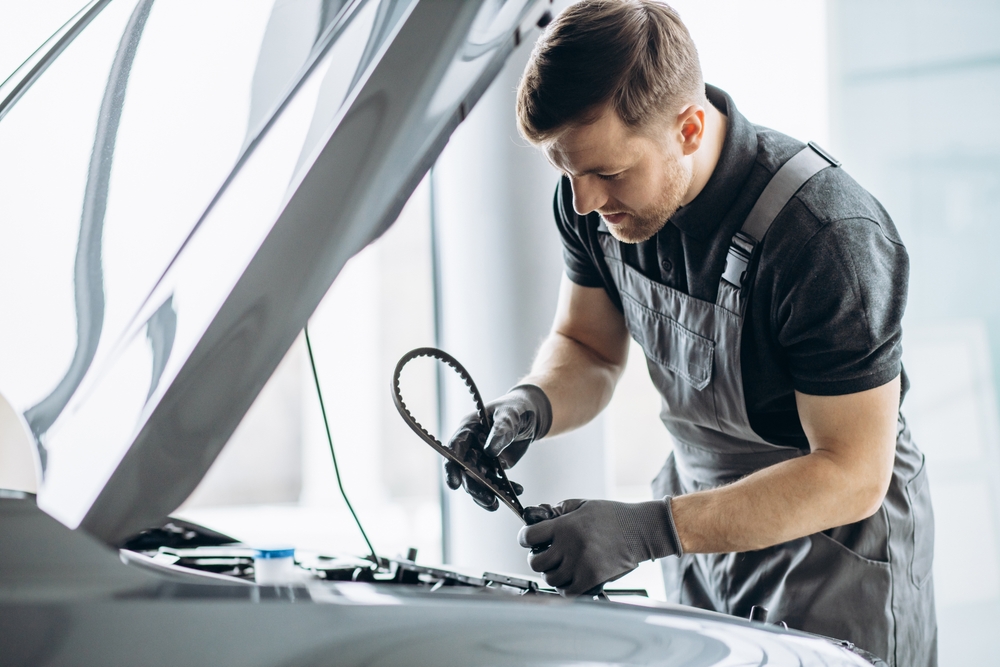
The timing belt synchronizes the rotation of the crankshaft and camshaft, ensuring proper engine timing. Skipping timing belt replacements can lead to belt failure, causing severe engine damage. Follow your vehicle’s recommended timing belt replacement schedule to avoid costly repairs and ensure engine reliability.
Overlooking Rust and Corrosion
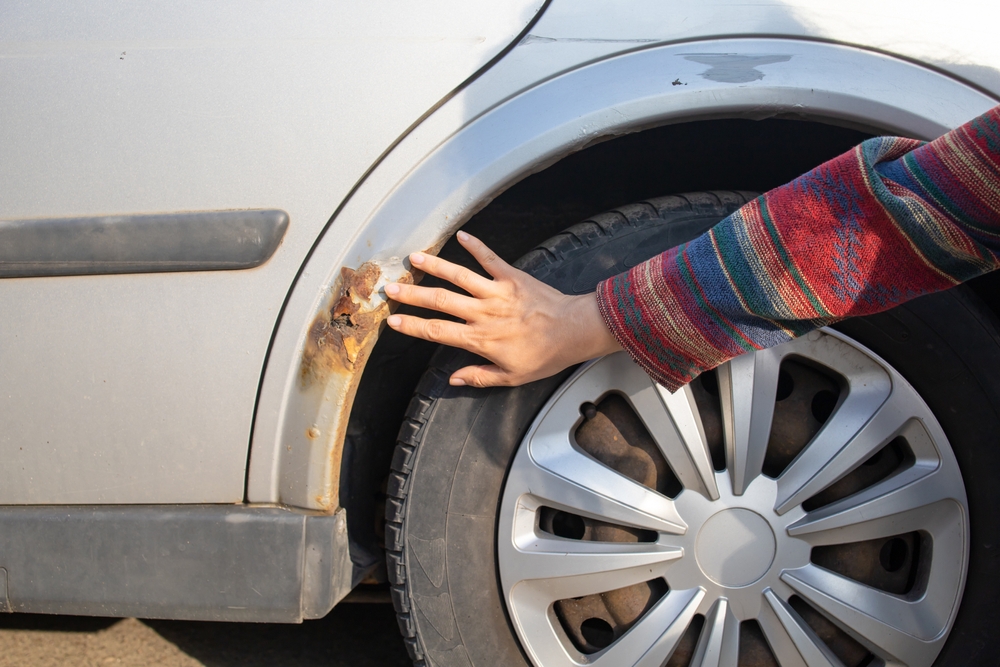
Rust and corrosion can weaken your vehicle’s structural integrity and cause components to fail. Regularly inspecting and addressing rust issues helps prevent further damage and extends your vehicle’s lifespan. Use rust inhibitors and keep your car clean and dry to minimize corrosion.
Using Worn Out Wiper Blades
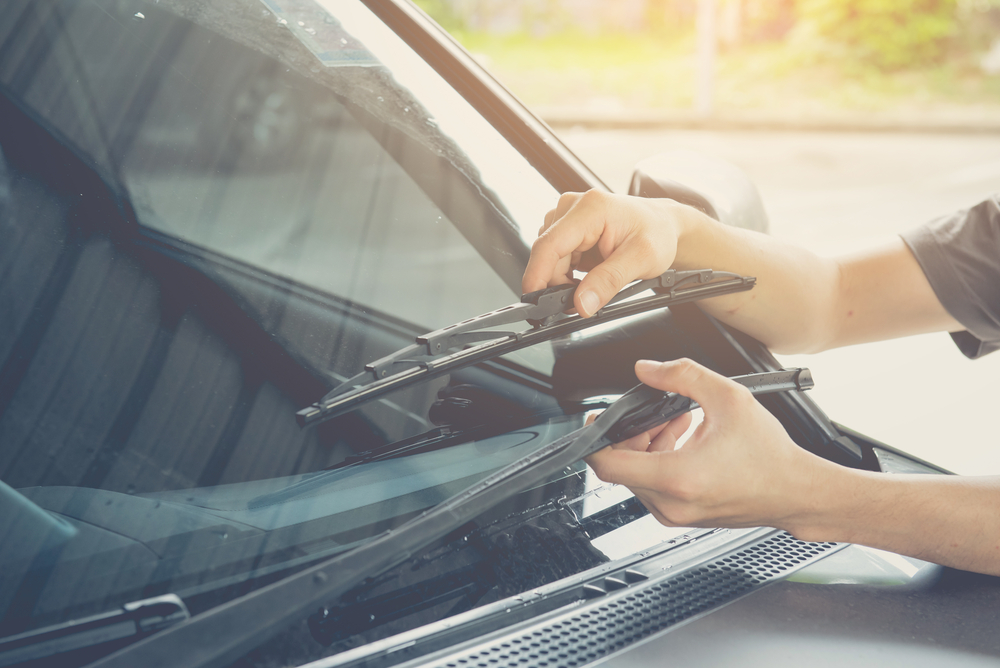
Worn-out wiper blades can reduce visibility during rain or snow, compromising your safety. Regularly inspect and replace your wiper blades to ensure clear visibility and safe driving conditions. Most wiper blades should be replaced every six months to a year.
Failing to Address Leaks Promptly
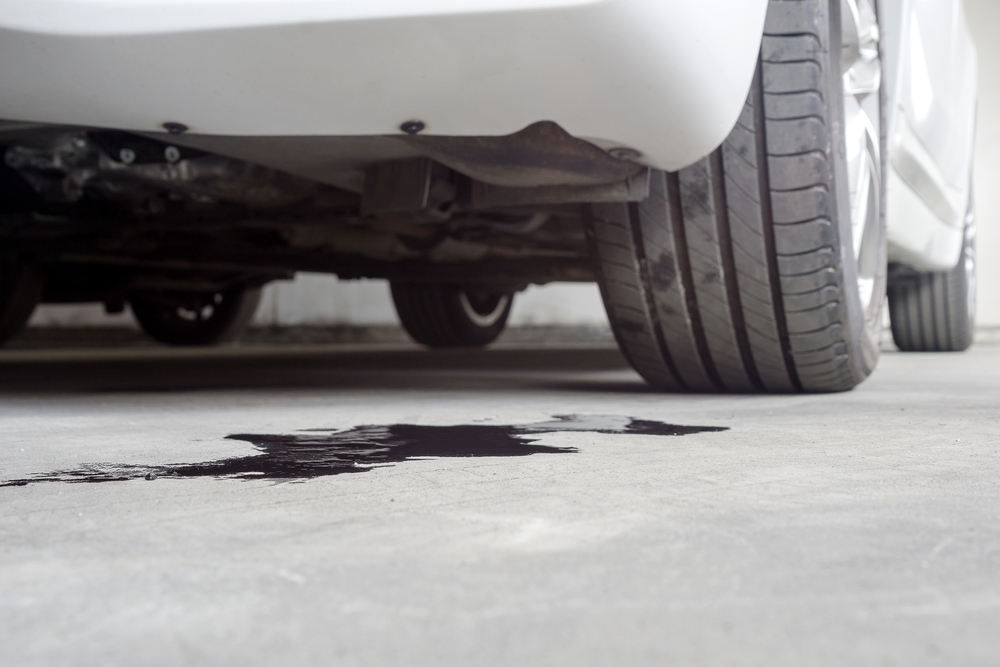
Ignoring leaks, such as oil, coolant, or transmission fluid, can lead to significant system failures and costly repairs. Addressing leaks promptly helps prevent further damage and ensures your vehicle’s systems operate correctly. Regularly check for and fix any leaks to maintain optimal performance.
Ignoring Dashboard Warning Lights
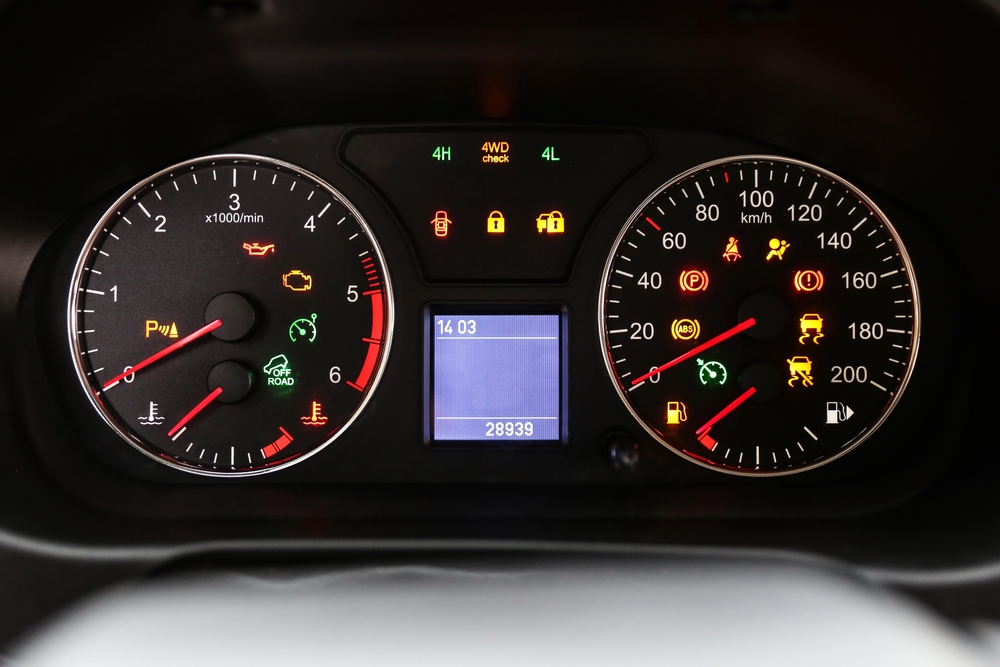
Dashboard warning lights alert you to potential issues with your vehicle’s systems. Ignoring these warnings can lead to severe damage and costly repairs. Always address warning lights promptly to diagnose and fix the underlying problem, ensuring your vehicle’s reliability and safety.
This article originally appeared in MyCarMakesNoise.
More from MyCarMakesNoise
10 Cutting-Edge Military Drone Innovations

The rapidly evolving landscape of modern warfare has seen military drones emerge as game-changing tools, redefining strategies and operational capabilities. Equipped with cutting-edge technologies, these unmanned aerial vehicles (UAVs) enhance precision, stealth, and efficiency in combat scenarios. Read More.
10 Public Transportation Systems That Were Abandoned

Public transportation systems have long been the lifeblood of bustling urban centers, providing essential connectivity and fostering economic growth. However, as cities evolved and new technologies emerged, many once-thriving transit systems fell into disuse. Read More.
15 Luxury SUVs Offering Unmatched Comfort and Style

In the realm of automotive excellence, luxury SUVs stand as the epitome of comfort and sophistication. These vehicles seamlessly blend high-performance capabilities with opulent interiors, creating an unmatched driving experience. Read More.

